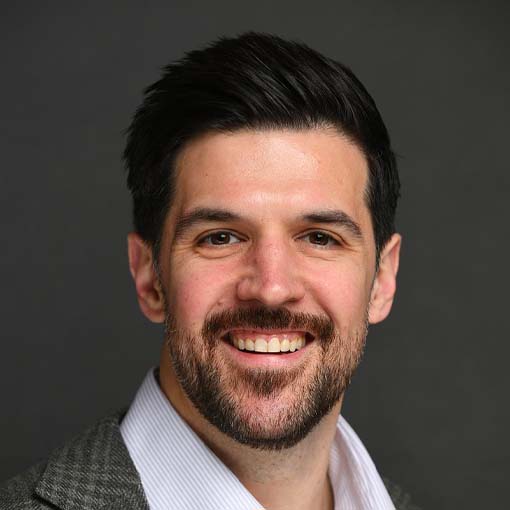A roadmap to earlier efficacy predictors and drivers in cell therapy development
CAR T therapy has revolutionized the treatment of hematologic cancers. However, only six drugs have been approved by the U.S. Food & Drug Administration (FDA) since 2017. With the cost and time pressures many drug developers are facing, having the right data to make decisions regarding advancing or terminating asset development is critical at every phase. Combining a validated minimal residual disease (MRD) assay with next-generation T-cell receptor (TCR) sequencing can yield powerful insights throughout the drug development process, including:
- Understanding efficacy by tracking disease burden
- Providing quantitative product characterization and sensitive in vivo tracking of infused T cells across multiple tissue types and time points to understand pharmacokinetics and pharmacodynamics
- Determining which T cells expand and contract to provide insight on safety
Participants can expect to learn more about: 1) how using a validated MRD assay in clinical trials can help researchers understand subjects’ responses to a CAR T asset and 2) how TCR sequencing can illuminate what is happening in the repertoire to elicit this response.
Additionally, gaining timely FDA approval of assets that are performing can speed time to market and move from investment spending to revenue generation. Following the FDA’s most recent guidance regarding cell therapy validation, tracking and monitoring of engineered T cells will be discussed.





